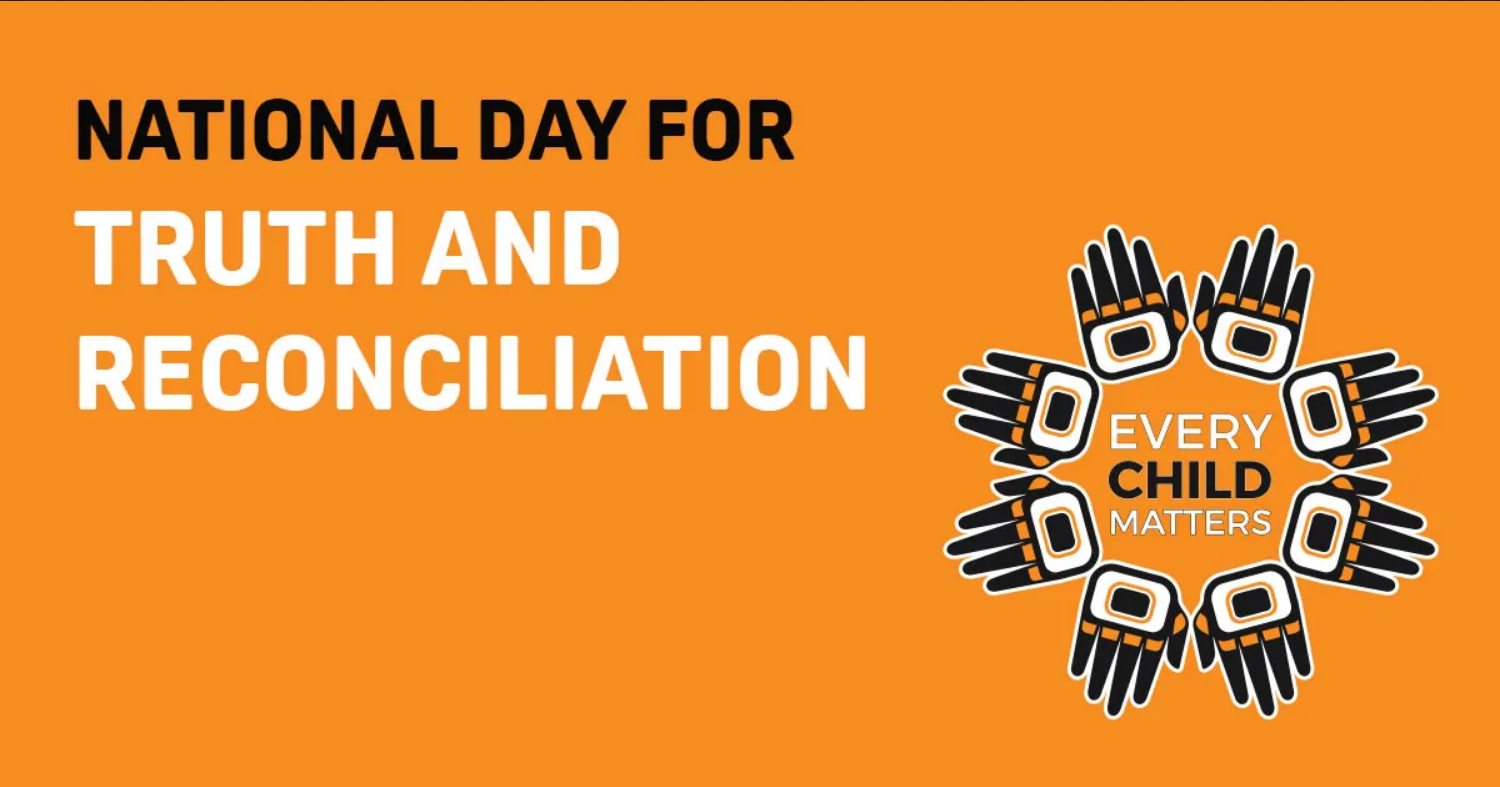This Friday at 11 AM, Thompson Rivers University and Tk’emlúps te Secwépemc are once again collaborating to commemorate the National Day for Truth and Reconciliation with an event held at the Grand Hall in the Campus Activity Centre.
From 2008 to 2015, the Truth and Reconciliation Commission conducted extensive research into the legacy and impact of residential schools in Canada. In response to their own inquiry, the commission drafted 94 calls to action that would help expose the truth behind the schools and begin creating a path to reconciliation.
Of the 94 recommendations, call to action number 80 was the creation of a federal statutory holiday to commemorate residential school victims. In response, bill C-5 was passed by the federal government in June 2021, officially declaring that September 30th would henceforth be recognized as National Day for Truth and Reconciliation in Canada.
With Sept. 30 falling on a Saturday this year, ceremonies will be held at TRU Friday, and class will not be in session Monday. The event will begin with traditional Secwépemc protocols, including a welcome to the Tk’emlúps te Secwépemc territory and traditional prayer overseen by the Tkemlups te Secwepemc chief and council. Speeches are set to commence at noon, with a traditional honouring circle following shortly after.
On hand to deliver the initial speeches will be TRU Chancellor Nathan Matthew and TRU Provost Gillian Balfour, who are scheduled to precede the keynote speaker, Bev Sellars. Sellars is an award-winning author and former chief of the Xat’sull First Nation, who has written extensively about her experiences as a residential school survivor. In addition to her numerous accolades, Sellars was presented with an honourary degree from TRU earlier this year for her advocacy and professional work.
Associate director for TRU’s Office of Indigenous Education, Vernie Clement – who assisted in planning and organizing the festivities – feels that this event can benefit students and the community to broaden their horizons.
“It’s a good learning opportunity hearing the guest speakers, listening to what their stories are. Understanding that it’s not just a single story but that there are lots of stories that will come out,” Clement said. “It’s also a call to our allies, and non-Indigenous people, even international students, everybody — to come and know, and learn about what happened.”
Clement, whom his grandmother raised in a house of fluent Dakelh speakers, explained that plenty of resources are available to anyone who wants to learn more about Indigenous culture. He encourages anyone who wants to learn more to seek out books and online videos. While doing this, he advised caution to not look at all Indigenous groups within Canada as the same, as each possesses their own unique culture and practices.
Although there is a nationally recognized day to commemorate the brutal truth of residential schools, Clement said he feels that it is just one part of the solution.
“It’s not just one day a year that we’re doing this kind of work, it should be throughout the year. I think this day will hopefully bring awareness and bring that curiosity in learning that truth in the truth and reconciliation.”Students and staff interested in learning more about local Indigenous events and culture in Kamloops are encouraged to visit Cplul’kw’ten, located in House 5, or the Office of Indigenous Education, located on the second floor of the Old Library Administration and Research Annex (OLARA).

